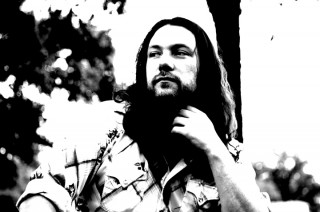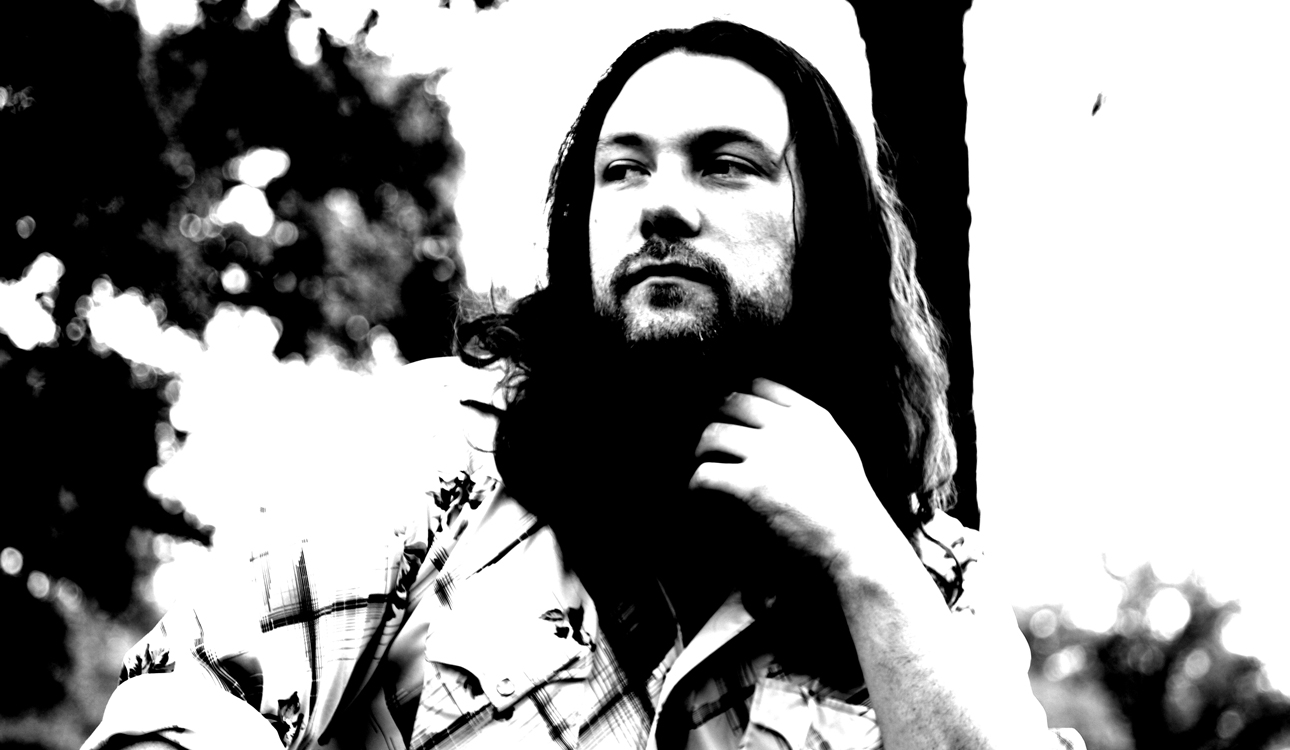
Courtesy Photo
Shawn Line is a country, blues and bluegrass musician who has worked on countless projects, including his band, Firewater Sermon. Based out of San Marcos, Line is a fixture of the Austin-San Marcos music scene and can often be seen performing in that area. Arts and entertainment editor Joshua Madden was able to interview him for this edition of our “Q&A” segment.
Question: How did you first get involved in music?
Line: My dad was a musician, so I grew up listening to him play and sing. We were often at dance halls on the weekends, and I remember him playing at family get-togethers as well. I grew up around live music and it seemed second nature. I used to think everybody was raised that way.
Question: What were your first performances like? Is there a learning curve to performing?
Line: Terrifying. I was always pretty shy, so it took a while for me to finally jump on stage. I held back a lot at first, afraid to really belt it out. Thankfully there were only a handful of people around for those early shows.
There is a definite learning curve. I kept at it and became more comfortable and confident on stage, learning from my mistakes. A big part was learning how to put together a set list. You have to play the right song at the right time depending on the mood of the crowd.
Question: You label your music as Americana, Country Rock and Blues. How did you end up with that combination?
Line: I grew up around classic country music so it’s always been a major influence. Living in the Austin area exposes you to a variety of genres and crowds who are fans of a variety of genres as well.
Townes Van Zandt (Americana) was a big influence early on. His songwriting really opened my eyes to the power and depth of a song. I read that he was influenced by a blues player named Lightnin Hopkins, so I began listening to the blues more. Then I took a class at Texas State on the history of blues and rock ‘n’ roll with Clifford Antone just before he passed away. He opened Antone’s, the first bar on Sixth Street, and was largely responsible for bringing blues and live music to Austin.
The passion he had for the music was contagious, and I really got into the blues. I began playing slide and blues harmonica. There are also a lot of similarities between country and blues–both genres influenced each other.
Question: You do vocals as well as playing both guitar and harmonica. Which one did you pick up first? How did the rest come into play?
Line: I picked up the guitar first and started writing songs. My dad taught me some chords, and I took it from there. I got a scholarship to a songwriting workshop with Lloyd Maines and Terri Hendrix, and they said playing harmonica would help the songwriting process, so I started to incorporate that into everything.
Learning to sing was work for me. It took a while to get comfortable and open up my voice and then learn how to control it. Over time it all became easier. I’ve put in a lot of practice, but there’s still a lot to learn and work on.
Question: How did Firewater Sermon get started?
Line: I was playing solo acoustic shows around San Marcos when I met my current guitar player, Michael Reeh, through a mutual friend. He hadn’t been playing very long but was already really advanced, and I knew he was going to be a great player. We played our first show at Riley’s Tavern in Hunter, Texas in December of 2006 and have been playing together ever since. There have been several drummers and bass players come through the band, but we’ve been the mainstay.
Question: Can you tell me about the songwriting process?
Line: Songwriting is a mixture of inspiration and craft. Ideas will come to you at any moment and you have to mold them into something that is honest with yourself and agreeable with your audience.
There’s no time off when you’re a songwriter. Some songs I’ve written in minutes and some have taken years to finish.
Question: If you could do anything right now as an artist, what would that be? Is there a dream venue that you’d like to perform at?
Line: I would really like to go on an international tour. There’s popularity for our style of music throughout Europe and Asia. It would be a great way to see the world. As far as dream venues go, I don’t really have one, but there’s a bar in a cave called La Kiva in Terlingua, Texas that I would love to play at.
Question: You have a presence on Facebook as well as other social media. How does that change what you can do as an artist? Do you feel like you are more free to produce your own work if you are also responsible for a large part of the promotion?
Social media is a huge tool for all independent artists. It allows you to stay in direct contact with fans to inform them of shows, album releases, and a chance to sample your music as well. Artists with similar styles can share fans and promote one another’s music and they do most of it for free.
Most musicians have to give up artistic control when they sign record deals. Now, with affordable recording equipment and social media to promote yourself, you can make your own music and don’t have to have a record company to be successful.
Question: Do you have any performances coming up that you’re excited about?
Line: Currently we’ve slowed down a lot after a busy summer where we got a chance to open for Jason Boland in Uvalde, Texas and played at the Texas Music Theater in San Marcos, which is a great new venue. We’re focusing on making an album now.
Question: What projects do you have planned for the future?
Line: We’re working on getting an album done here in the fall and going out on the road to support it. I also play guitar with a bluegrass band called Sasquatch Holler, and I have a blues band called Lucky Stumble.
Between all of that I stay pretty busy.





